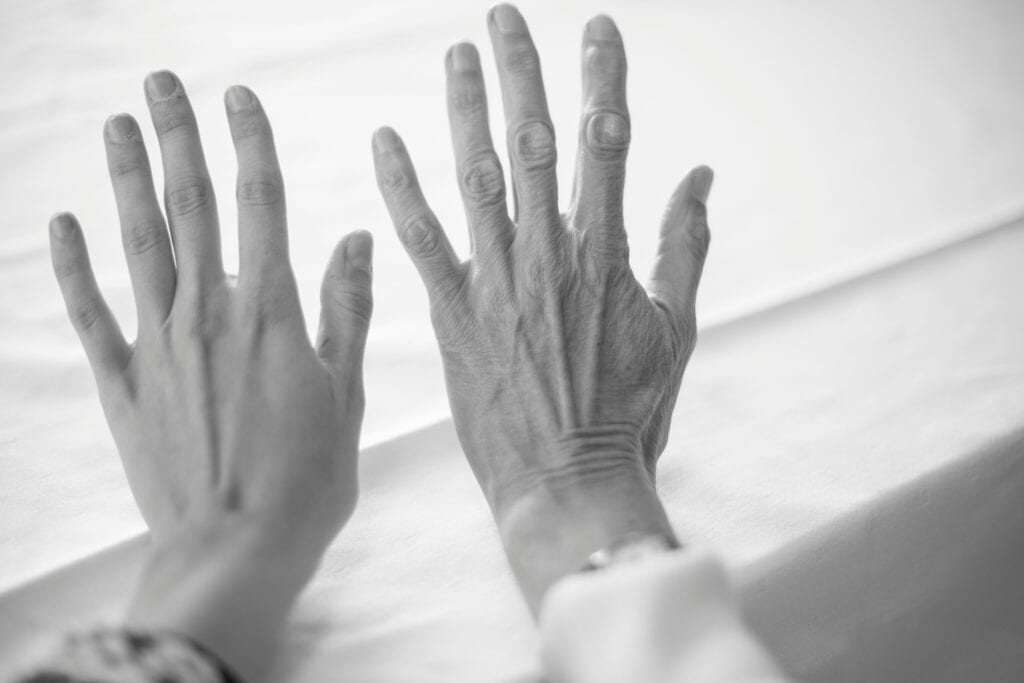Healthy Living / Eating
The anti-aging frenzy: Is it a scam?
Last week, I sat in a session with Dr. David Sinclair, a professor of genetics at Harvard and a well-known apologist for various anti-aging strategies.
The session was mildly interesting, but not earth-shattering. As I listened, my mind wandered, reflecting on the last 25 years I have spent in the supplement industry.
To a large degree, I would say the supplement industry is like most things: the more things change, the more they stay the same. The current anti-aging craze is an example. When I first entered the industry, we had anti-aging, but we mainly talked about antioxidants.
Apparently, someone decided that “anti-aging” is a better marketing term, but the general idea is the same: Protecting cells from various stressors such as free radicals so that they won’t “grow old.”
Dr. Sinclair is one of the more prominent names in the anti-aging world, primarily because he makes some pretty aggressive claims. He is one of a few scientists who claim that not only can we stop aging, but we can also reverse it.
I am not going to take any position on his claims; I really don’t feel qualified. However, there are a few things I will note that you might find interesting:
- Sinclair’s views are debatable, and many scientists view them with outright skepticism.
- To his credit, Sinclair does not push any particular supplement brands. He pushes classes of supplements (which I will cover in a moment).
- Outside supplements, Sinclair’s views on staying young and healthy are mainstream and align with my own views, which I often share here. (Eat healthy, move, etc.)
Now, just for fun, I am going to give you his supplement recommendations. For some reason, he pretends to try to be secretive about these, and I have no idea why. Regardless, I am going to give them to you exactly as he shared them with us.
- NAD boosters (such as NMN): 1000 mg/day
- Berberine (or metformin): 1000 mg/day
- Resveratrol and fisetin: 1000 mg/day and 500 mg/day
- Spermidine: 6 mg/day
- Vitamins D3 (5K U) + K2
- Vitamins B6, B9, and B12
- Alpha lipoic acid: 500 mg/day
- Omega 3-6-9 fatty acids
- Nattokinase: 12K FUs/day
Again, his general goal for these supplements is to keep cells healthy. There is nothing very unusual here, though some of his recommendations (such as resveratrol) are a bit controversial.
Sinclair believes that we are on the cusp of enormously lengthening the lifespan of humans (to around 150 years). He shared many studies being conducted at Harvard that show great promise.
If you want to learn more about his beliefs and studies, here is his Wikipedia article.
I am not sure what to say about a lot of what I heard. While Sinclair is not selling supplements, he wants to be relevant, and the best way to be relevant is to make claims that are a bit outlandish and over the top. Generally, that is the framework through which I view him. I wouldn’t say he is dangerous though; his tips and regimen might strike you as surprisingly mainstream.
In fact, the country is full of people doing very similar health regimens already (but sadly, not living to 150 years old).
Controversial anti-aging strategies
For sure, the anti-aging industry is becoming increasingly crowded, with some approaches being sold that I would say are gimmicky. Here are examples:
- Young blood/plasma transfusions. Inspired by parabiosis studies in mice, some clinics offer young donor plasma infusions.
- Metformin for longevity. This diabetes drug shows promise in some studies for healthy aging, leading to off-label use by biohackers.
- Rapamycin/mTOR inhibitors. Initially an immunosuppressant, rapamycin extends lifespan in lab animals.
- Hyperbaric oxygen therapy. Marketed for cellular repair and telomere lengthening, but evidence for anti-aging benefits is mixed.
- Red light/infrared therapy. Claims about mitochondrial enhancement and skin benefits are popular on social media.
- Peptide therapies. Various synthetic peptides are marketed for growth hormone release, cellular repair, and longevity.
- Cryotherapy and cold exposure. Potentially beneficial for recovery and stress response.
All I can say is to be careful and hold onto your wallets. You will find great marketing behind these approaches, but not one of them has much in the way of scientific support.
None of us enjoys getting older, but unfortunately, avoiding aging seems to be a pretty tough nut to crack.

